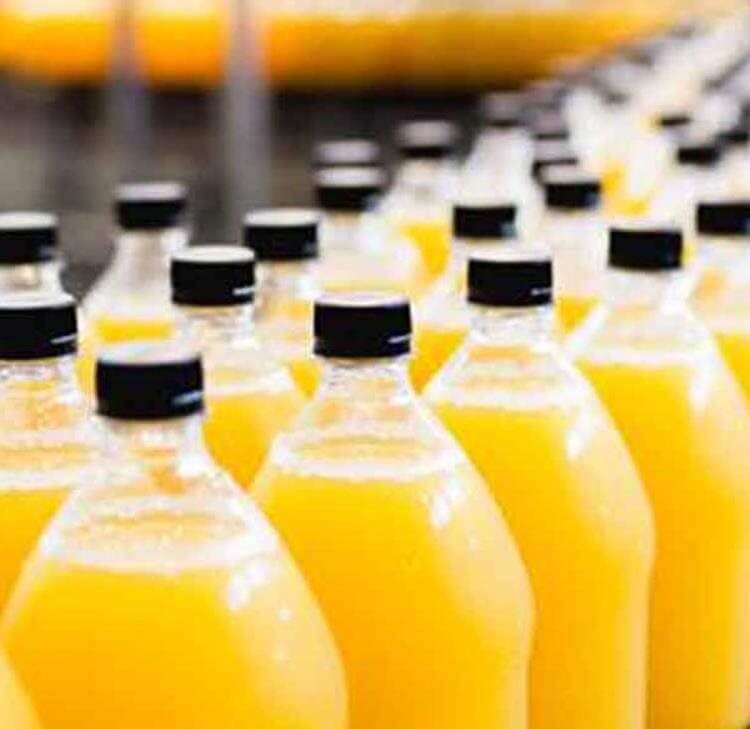With Veganuary growing in popularity, it is expected that many businesses will be pushing their vegan products throughout the month. It’s vital to consider the common pitfalls that businesses should avoid, which we’ve seen many times in recent examples from companies and charities whose adverts have been banned by the Advertising Standards Authority (ASA).
As a starter for ten, manufacturers should take care when using comparisons - these should not mislead consumers. Alongside this, it’s best to avoid making generic claims about the health benefits of food products.
Amidst the ASA cracking down on greenwashing, be prepared to provide robust environment evidence in support of any environmental claims. Also, be clear if food is suitable for vegans and highlight any allergy risks. For example, while vegans can eat products made in a factory that also handles dairy/eggs, someone with a severe allergy cannot.
As a final point, animal farming is a sensitive subject for many, so do consider whether any advert could cause distress.
Campaigns that fell foul of the advertising rules
(2022) Vegan Friendly UK advert was banned as it was “likely to cause distress to both younger and adult audiences”.
(2022) Oatly adverts were banned over misleading environmental claims when comparing Oatly with milk.
(2020) Burger King’s advertising of its burger as “plant-based” was deemed misleading because it wasn’t suitable for vegans or vegetarians.
(2018) – Charity Viva! advert that claimed 90% of pigs are factory farmed and never get to see the outside world before being slaughtered was banned for being misleading as consumers would interpret the advert to mean 90% of pigs in the UK were intensively or factory farmed which could not be substantiated.










































